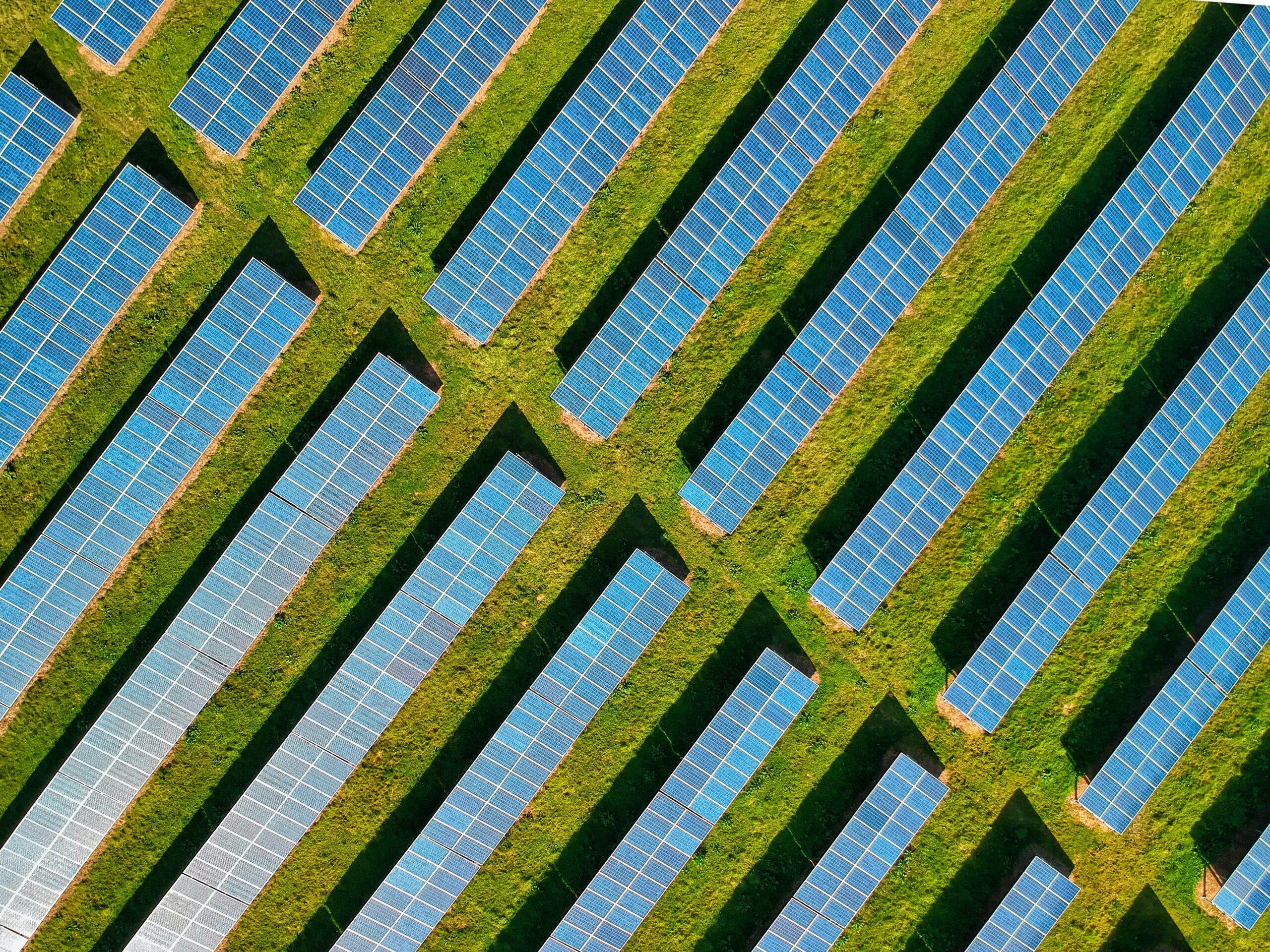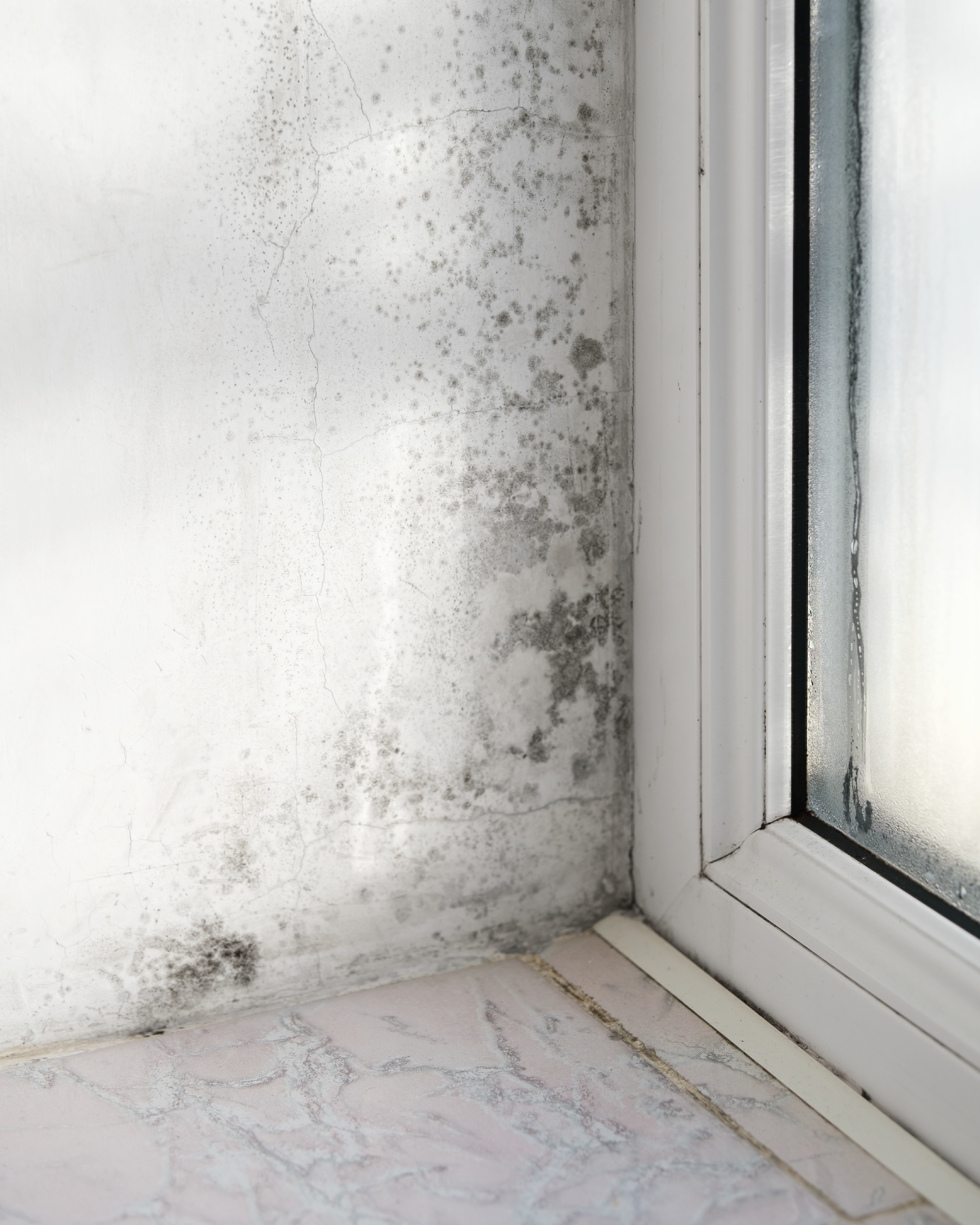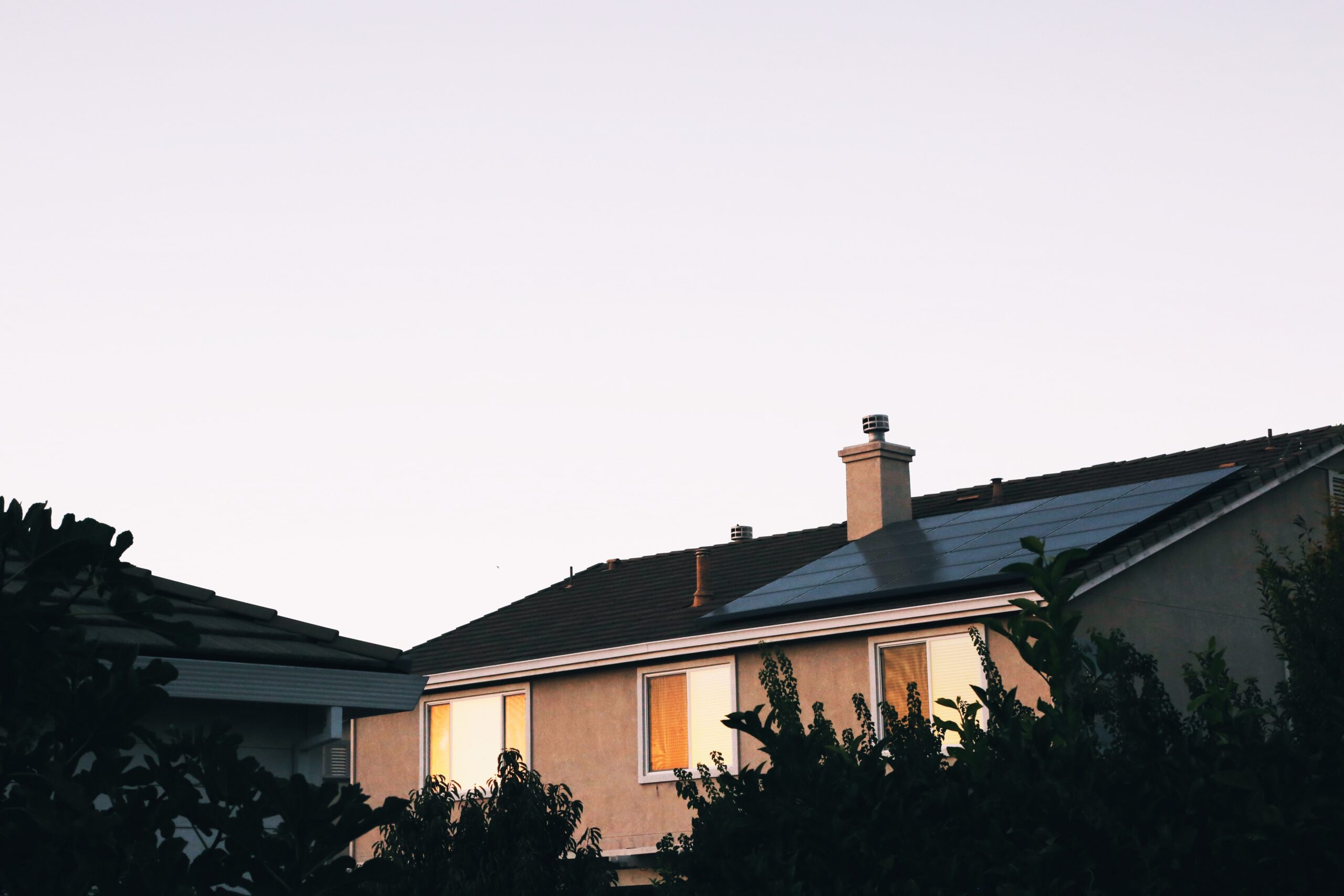

Solar farms? It’s OK to have second thoughts.
“After much thought Snowball declared that the Seven Commandments could in effect be reduced to a single maxim, namely: ‘Four legs good, two legs bad.’ This, he said, contained the essential principle of Animalism. Whoever had thoroughly grasped it would be safe from human influences.”
– George Orwell, Animal Farm
Solar PV is the alt.energy hot ticket de jour. Once you’ve paid the costs of installation, panels deliver decades of free energy with minimal running costs.
Sure, there are lingering worries: problems of disposal or recycling, and the incomprehensible ethnic geopolitics of China’s semiconductor industry. But the bottom line is: panels, we love ’em.
So the announcement this week that the UK’s new Environment Secretary is planning measures that will restrict the spread of solar farms across agricultural land came as something of a surprise.
Ranil Jayawardena argues that solar farms impede his programme of boosting food production, placing this nascent industry squarely within the shadowy “anti-growth coalition” of which we’re hearing so much. The nature of his underlying concerns is indicated by the mechanism by means of which he proposes to control its development.
It’s a mechanism built on a ranking system. UK farmland has long been graded on a scale of 1 to 5, with grades 1, 2 and 3a rated as “best and most versatile” (BMV) land, from which solar projects are normally excluded. Jayawardena now proposes to extend this block to grade 3b land, thereby restricting solarPV development to grades 4 and 5. What are we to make of this?
(Photo)sensitive
The solar PV industry has always been sensitive to criticism, and alert observers won’t have missed the steady stream of solar-friendly research documenting mixed-use farms that combine solar panels with livestock, arable crops, herbs or bees. Despite this friendly image, real-world observations suggest that, in practice, solarPV presents as a form of monoculture.
In Spain and Portugal – where the industry is boosted both by high levels of incident sunlight and sympathetic governments – solar PV is progressively displacing older single-crop enterprises like olive farming. Indeed, after Portugal’s devastating forest fires had cleared huge swathes of old-growth forest, solar PV deployments were often rapid enough to cause controversy.
Orwell reminds us that the renewables sector is an industry like any other. The UK is both darker and more circumspect than most of its EU neighbours, so we needn’t anticipate intense power struggles on the southern European model. But Jayawardena’s concerns about agricultural productivity are justifiable, given the growing expense of shipping food (or anything else) over long distances.
SuSy’s response remains robust: let’s keep the farmland, and get those panels up on everyone’s roofs! After all, we have 1500 million square metres to play with…









